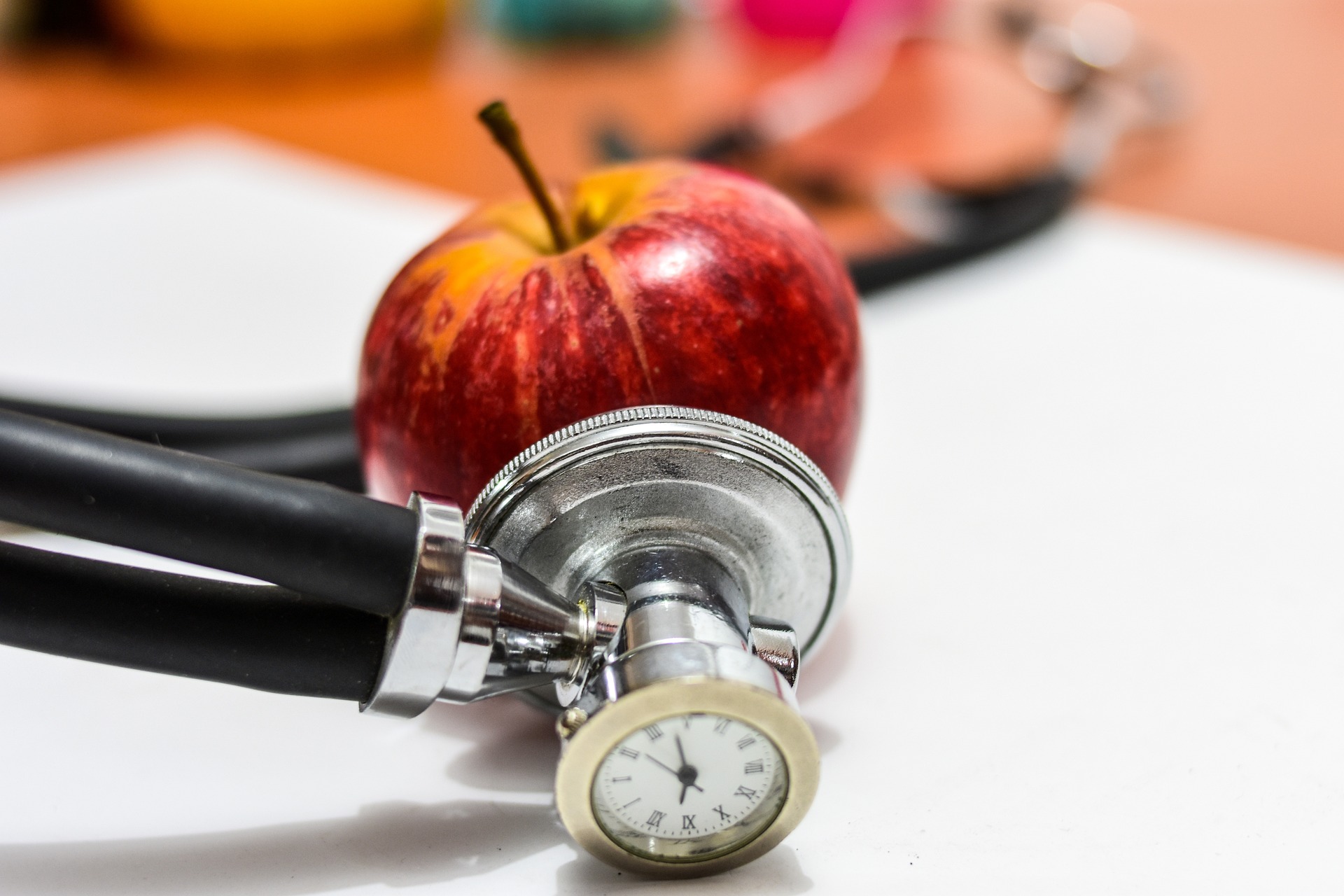Understanding and Managing Macular Degeneration: Solutions for Better Vision Health
Macular degeneration can affect central vision, making daily tasks more challenging. Support options may include nutritional strategies, regular eye exams, and assistive devices that help individuals manage changes in vision and maintain their quality of life.

What Is Macular Degeneration and Who Is at Risk?
Macular degeneration occurs when the central portion of the retina deteriorates, affecting the ability to see fine details directly ahead. There are two main types: dry (atrophic) macular degeneration, which accounts for approximately 85-90% of cases and develops gradually; and wet (neovascular) macular degeneration, which is less common but more severe and can cause rapid vision loss. Risk factors include age (particularly over 60), genetics, smoking, obesity, high blood pressure, and cardiovascular disease. Women are slightly more likely to develop the condition than men, and those with lighter eye colors may face increased risk. Early detection through regular eye examinations is crucial, especially if you have a family history of the condition.
How Can Nutrition Impact Macular Degeneration Progression?
Research has consistently shown that nutrition plays a vital role in eye health, particularly for those with macular degeneration. The landmark Age-Related Eye Disease Studies (AREDS and AREDS2) demonstrated that specific nutritional supplements can slow progression in people with intermediate or advanced dry macular degeneration. These formulations typically include:
-
Vitamin C (500 mg)
-
Vitamin E (400 IU)
-
Lutein (10 mg)
-
Zeaxanthin (2 mg)
-
Zinc (80 mg)
-
Copper (2 mg)
Additionally, a diet rich in dark, leafy greens (spinach, kale, collard greens), colorful fruits and vegetables (bell peppers, berries), omega-3 fatty acids (found in fish like salmon and mackerel), and nuts can provide natural protection for your eyes. Reducing refined carbohydrates and processed foods may also benefit long-term eye health by controlling inflammation throughout the body.
What Lifestyle Changes Can Help Protect Your Vision?
Beyond nutrition, several lifestyle modifications can significantly impact eye health and macular degeneration management:
-
Quit smoking: Smokers have 2-3 times higher risk of developing macular degeneration and experience faster progression of the condition.
-
Control blood pressure and cholesterol: Cardiovascular health directly impacts eye health.
-
Maintain a healthy weight: Obesity is linked to increased risk and progression of macular degeneration.
-
Exercise regularly: Physical activity improves circulation, including blood flow to the eyes.
-
Protect your eyes from UV damage: Wear sunglasses that block UVA and UVB rays whenever outdoors.
-
Monitor your vision: Use an Amsler grid (a pattern of straight lines resembling graph paper) weekly to detect any changes in your vision that could indicate progression.
-
Reduce blue light exposure: Consider blue light filtering glasses when using digital devices for extended periods.
What Medical Treatments Are Available for Different Types of Macular Degeneration?
Treatment options vary significantly depending on whether you have dry or wet macular degeneration:
For dry macular degeneration:
-
Currently, no medical treatments can cure dry macular degeneration
-
AREDS2 nutritional supplements to slow progression
-
Regular monitoring to watch for conversion to wet form
-
Vision rehabilitation programs
For wet macular degeneration:
-
Anti-VEGF (vascular endothelial growth factor) injections such as Lucentis, Eylea, or Avastin that block the growth of abnormal blood vessels
-
Photodynamic therapy, which uses a light-activated drug to destroy abnormal blood vessels
-
Laser therapy for select cases
-
Combination therapies tailored to individual needs
Emerging treatments include stem cell therapies, gene therapies, and new drug delivery systems that may require fewer injections. Regular consultation with a retinal specialist is essential for determining the most appropriate treatment plan.
What Assistive Technologies Help Those Living with Macular Degeneration?
Technology has revolutionized support options for those experiencing vision loss from macular degeneration. Modern solutions include:
-
Electronic magnifiers: Handheld or desktop devices that can significantly enlarge text and images with adjustable contrast settings.
-
Screen readers and text-to-speech software: Programs that convert digital text to audio output.
-
Voice-activated assistants: Systems like Amazon Echo, Google Home, or Apple’s Siri can help control home environments and access information without reading.
-
Specialized lighting: Task lighting, full-spectrum bulbs, and glare reduction technologies improve functional vision.
-
Smartphone accessibility features: Most modern phones include magnification, contrast adjustment, and voice command capabilities.
-
Smart glasses: Emerging technologies that project images around damaged portions of the retina or use cameras to enhance remaining vision.
-
Large-print and audiobook services: Libraries and subscription services offer extensive collections of accessible reading materials.
The right technology can dramatically improve independence and quality of life, even as vision changes occur. Vision rehabilitation specialists can help identify the most beneficial tools for your specific situation.
What Support Services and Resources Are Available for Macular Degeneration Patients?
Living with macular degeneration doesn’t mean facing challenges alone. Numerous resources exist to provide education, emotional support, and practical assistance:
| Organization | Services Offered | Contact Information |
|---|---|---|
| American Macular Degeneration Foundation | Educational materials, research updates, support resources | 1-888-622-8527, www.macular.org |
| Macular Degeneration Association | Patient advocacy, education programs, doctor directories | 1-855-962-2852, www.macularhope.org |
| Foundation Fighting Blindness | Research funding, clinical trial information, support networks | 1-800-683-5555, www.fightingblindness.org |
| National Eye Institute | Research information, educational resources, clinical trials | 1-301-496-5248, www.nei.nih.gov |
| VisionAware | Independent living resources, support groups, adaptive techniques | www.visionaware.org |
Additionally, local vision rehabilitation centers offer personalized training in adaptive techniques, home modifications, and technology use. Many communities also have support groups where individuals can share experiences and strategies. Medicare and private insurance may cover certain vision rehabilitation services, low vision evaluations, and some assistive devices when medically necessary.
Macular degeneration presents significant challenges, but with proper management strategies—including appropriate nutrition, lifestyle modifications, medical treatments when indicated, and supportive technologies—many people maintain active, fulfilling lives despite vision changes. Early diagnosis, regular monitoring, and a proactive approach to vision health remain the cornerstones of successful macular degeneration management.
This article is for informational purposes only and should not be considered medical advice. Please consult a qualified healthcare professional for personalized guidance and treatment.




